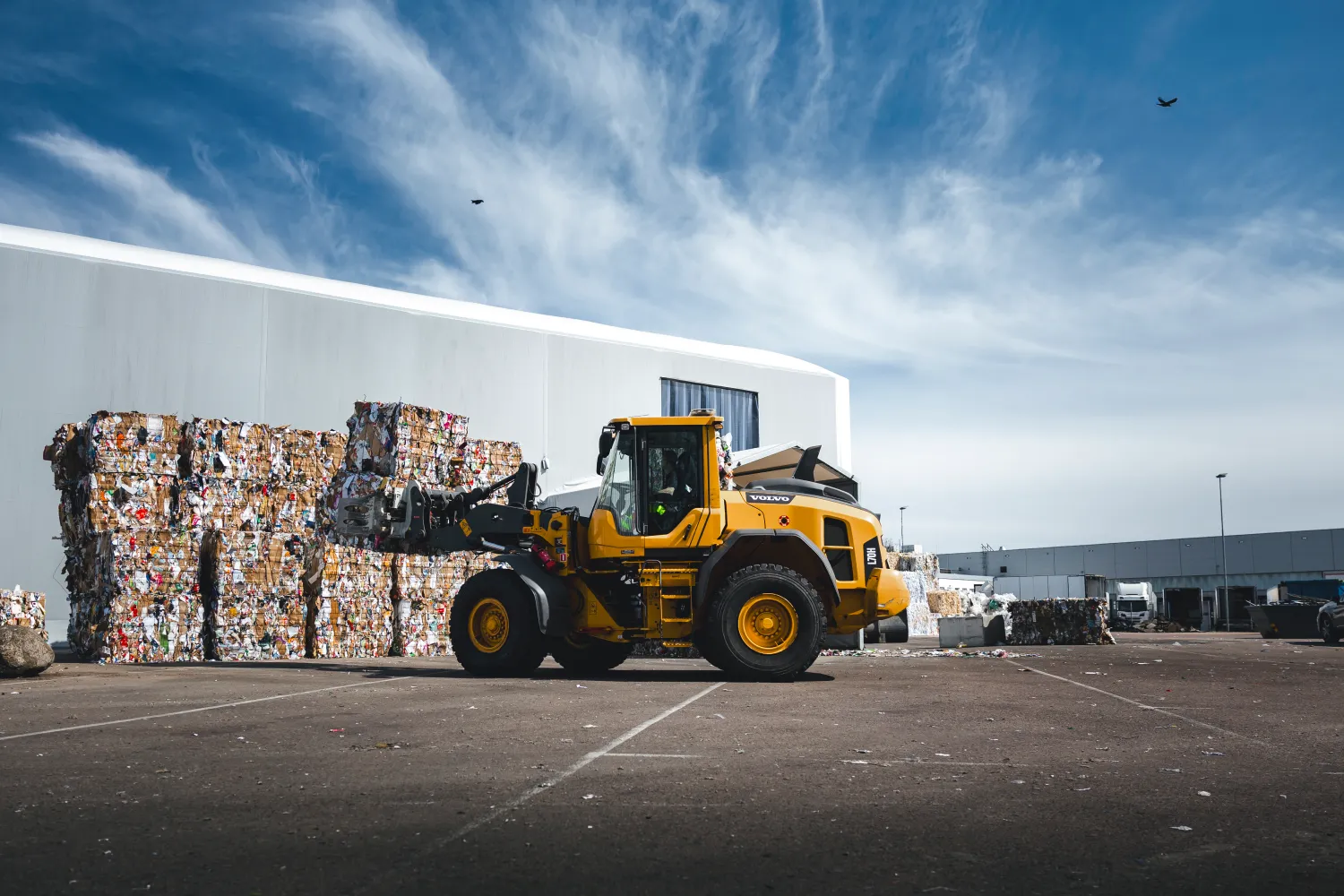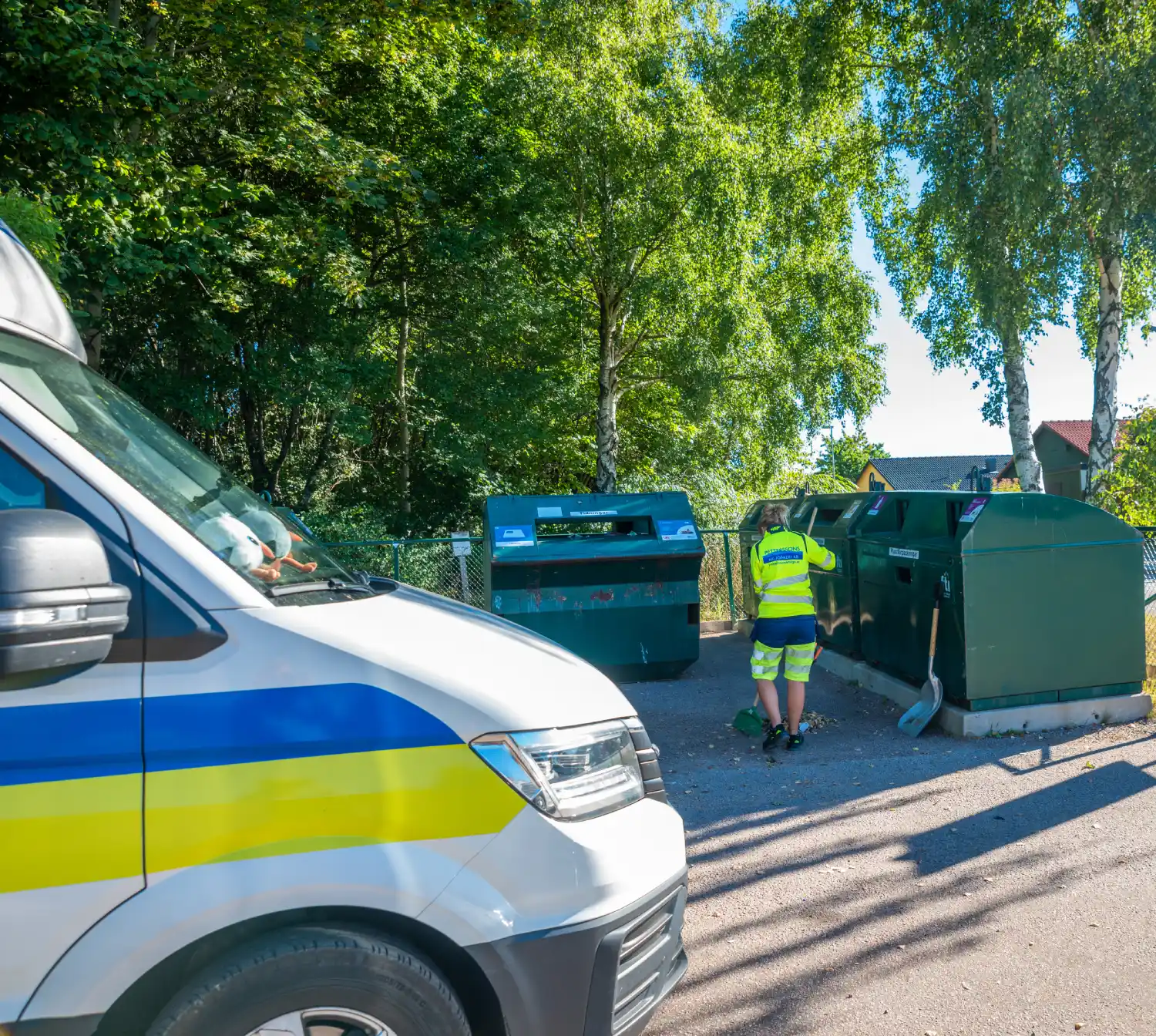The Power of Recycling: Sweden’s Path to a Greener Future
The Power of Recycling: Sweden’s Path to a Greener Future
Blog Article
Sweden is commonly considered together of the very eco-conscious nations on earth, and their recycling efforts are in the centre of the natural reputation. With an extended history of sustainability methods, Sweden has not just applied effective Recycling (Återvinning) systems but in addition fostered a lifestyle of environmental duty among their citizens. Today, recycling in Sweden isn't merely a policy—it's a national priority, embraced by individuals, businesses, and the government alike.
Extraordinary Recycling Rates
Sweden's responsibility to recycling is evident in their remarkable statistics. The nation recycles nearly 99% of their household spend, rendering it a global chief in waste management. Swedish residents recycle report, plastics, materials, and glass with remarkable consistency, assisted by an extensive and well-organized spend variety system. Regional authorities make sure that recycling bins are easily found, rendering it simple for Swedes to be involved in the process.

Waste-to-Energy Model
As well as traditional recycling, Sweden has pioneered an revolutionary waste-to-energy (WTE) model. Rather than landfilling or incinerating waste with hazardous emissions, the country converts an important percentage of its extra spend into energy. Around 50% of Sweden's spend can be used to generate energy and heating, adding to the country's alternative power goals. That strategy decreases landfill use, lowers carbon emissions, and turns spend in to a valuable resource.
Extended Company Duty
One key element in Sweden's recycling success is the adoption of Extensive Company Obligation (EPR). Below this system, manufacturers are required to get responsibility for the lifecycle of these products, such as the recycling of appearance and end-of-life items. This legislation has generated a decline in packaging waste and a growth in sustainable product design. Particularly, Sweden has made significant steps in lowering single-use plastic waste, with firms moving toward biodegradable or recyclable alternatives.
Community Attention and Knowledge
The Swedish government in addition has spent heavily in raising public recognition about recycling. Educational campaigns have shown citizens about the environmental great things about appropriate waste sorting and the importance of lowering consumption. Recycling is shown in colleges, and individuals of all ages are encouraged to participate in spend reduction initiatives. This common environmental mind has led to a society that takes pleasure in their natural recommendations, with recycling becoming second nature to the majority of Swedes.

To conclude, Sweden's responsibility to recycling is a great exemplory instance of what sort of nation can integrate sustainability into its key plans and everyday practices. The country's outstanding recycling costs, waste-to-energy model, and forward-thinking approach to spend administration function as a blueprint for other nations striving to reduce their environmental impact. With extended creativity and public diamond, Sweden is placed to keep at the front of world wide recycling efforts, indicating that eco-friendly methods are not just a trend—they're the future.
Report this page